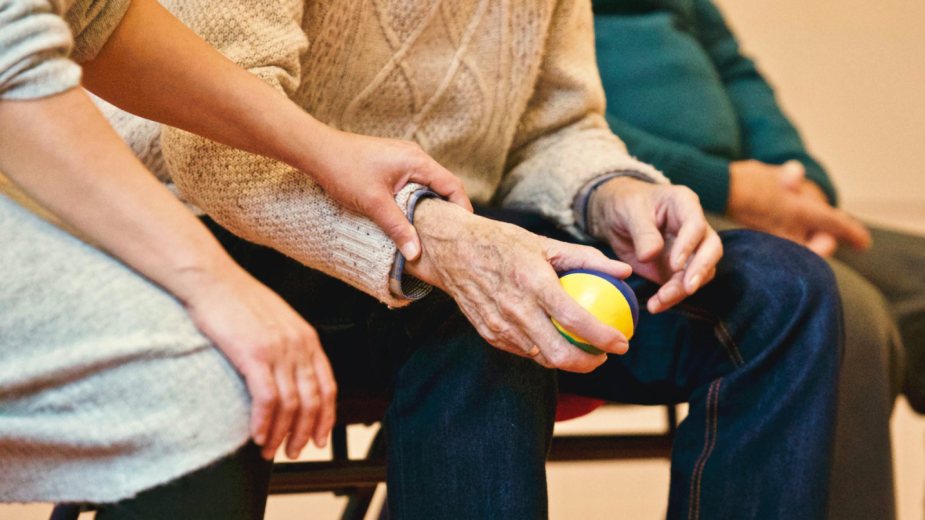Understanding the Senior Living Landscape
By Windsor House Inc.
GIRARD, Ohio — The average American life expectancy is 78.8 years old. And according to the CDC, if you make it to 80, you’re likely live another eight to 10 years. These trends in aging, coupled with the size of the baby-boom generation now entering their mid-70s, have had a dramatic impact on the way the senior living industry operates.
And chances are, you are the child of an aging parent and it’s likely you’re already having the difficult conversation about your parent(s) long-term care options. Our industry refers to you as ACIs, or Adult-Child Influencers.
For these reasons, the language has changed as the senior-living industry evolves. For example, we prefer not to “admit patients”, but to “move-in residents.” We use the word community over facility or nursing home. We prefer to “visit” with potential residents instead of giving a “tour of the facility.”
The senior-living industry is not just made up of nursing homes and institutional care-giving facilities. We also offer dynamic lifestyle communities for independent seniors and skilled-care centers for those who need highly customized care.
As an industry, we strive to provide care options for all levels and need states. To help you better navigate the conversation with your parents, siblings, physicians and senior living communities, below are common terms we use in the senior-living industry.
Our goal is to arm you with important information to help you make the best decision for your loved ones.
Common Senior-Living Industry Terms
Adult-Child Influencer (ACI): ACIs are the adult-aged children of aging parents who are involved with helping – or making – long-term care decisions for their parents.
Aging in Place: A newer concept that enables residents to remain in their home regardless of their mental or physical condition. Home Health-care Services are designed to support this newer service offering for aging adults.
Assisted Living Community (AL): ALs provide care and supervision, but not skilled nursing services. They are licensed residential care facilities that provide personal care services while promoting a degree of independence. Services often include dressing, grooming, mobility, meals and medication management. The goal is to have the resident remain active, both physically and mentally. The community is designed to provide a comfortable atmosphere and living environment like home, yet in a monitored environment.
Home Health Care (HHC): HHC provides skilled services but delivered in the comfort of your own home. The service is designed to provide a specific plan of care based upon the treatment of an illness, injury or post-surgical procedures. HHC helps the individual remain in the comfort of their own home while receiving skilled services specific to their needs.
Independent Living Community (IL): ILs are commonly known as retirement communities or Continuing Care communities. Their purpose is to provide a more simplified and downsized living environment for aging adults. These are typically apartment complexes that feature amenities like fitness rooms, housekeeping and food services.
Memory Care Communities (MC): Secure facilities that specialize in providing care to aging adults with Alzheimer’s, dementia or other cognitive issues. The staff is specially trained to better understand each resident’s needs and the best approaches for managing those needs. The community is designed to enable a resident to move at will, yet limit the risk of wandering beyond the supervision of caregivers.
Short Term Rehabilitation: Rehab facilities work with patients to enhance the quality of their life. They focus on reshaping lost abilities while teaching new skills. Rehab services give individuals the tools they need to function at their maximum potential.
Skilled Nursing Facility (SNF): Provide care to residents with illnesses or medical conditions that require around-the-clock monitoring and medical care. These are also commonly referred to as Nursing Homes and are usually one step removed from a hospital. Residents typically receive care from staff, a medical director and their personal physician. The care is designed to specifically accommodate the resident’s conditions. Services may include physical, occupational and speech therapies, pharmaceutical services, vision, dental and even psychological services. Services are provided to help the resident transition to longer-term care options.
In conclusion, the team at Windsor House hopes these definitions are helpful as you navigate the conversation with your parents or loved ones. If you have any questions please do not hesitate to contact us at 330 545 1550 or visit WindsorHouseInc.com.
Windsor House Inc. is a family owned and operated health care provider that has been serving residents of the Mahoning Valley for 60 years. The company owns and operates twelve nursing homes and five assisted living communities in Northeast Ohio and Western Pennsylvania. To learn more, visit WindsorHouseInc.com, or follow the company on Facebook, Twitter, YouTube and LinkedIn.
Copyright 2024 The Business Journal, Youngstown, Ohio.



